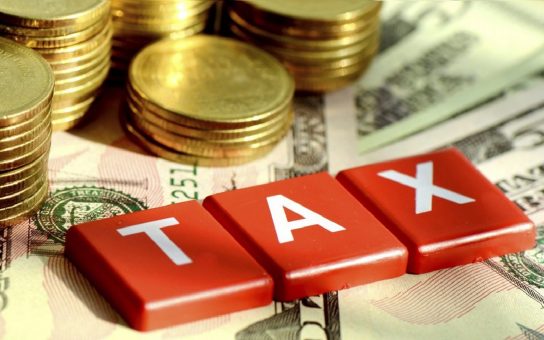From floating the naira to eliminating fuel subsidies and tightening monetary policy, Nigeria’s recent economic changes were necessary for stabilisation.
Though these efforts stopped further deterioration, equilibrium alone falls short. Real rehabilitation requires enticing new investments, which can only result from a competitive cost of capital.
But the present method of capital gains tax (CGT) might discourage precisely the sort of investment the nation desperately needs.
Among the most urgent problems is uncertainty. Though it gives no precise definition of what qualifies, the law lets investors postpone CGT if earnings are reinvested in “equivalent securities.”
Investors could incur surprise tax obligations when moving assets if there is no clarity, particularly since temporary use of money market or fixed income instruments could be left out. This ambiguity might lower already constrained market liquidity and so slow down reinvestment.
The News Chronicle gathered that these gaps especially worry big institutional investors. Many worry that the lack of accuracy will slow down the process of reinvestment, resulting in needless delays and lowering confidence in Nigeria’s financial markets.
Another issue is justice. Calculating tax obligations based on historical cost essentially taxes profits acquired before the law. An investor who purchased shares at N10 in 2019 and sells at N36 in 2026, for instance, will have taxes on N26 of profits, even if Although most of that appreciation happened before the policy was enacted. By resetting cost bases at implementation, nations like South Africa and India avoided this trap and protected investor confidence.
Because Nigeria’s treaty network is restricted, foreign investors also run the extra danger of double taxation. This means the market is far less competitive than regional counterparts when coupled with a rate as high as 30 percent. Ghana levies 15 percent, Kenya applies zero percent on listed securities.
These discrepancies might discourage investments at a time when Nigeria should be striving toward inclusion in worldwide indexes that draw billions in passive investments.
Left untreated, the policy might start protective selling ahead of enforcement, therefore lowering values when they ought to be increasing in light of changes.
Nigeria has to improve the CGT structure to maintain growth and satisfy its $1 trillion GDP goal by guaranteeing clarity, justice, and competitiveness to bring in foreign as well as local investment.



